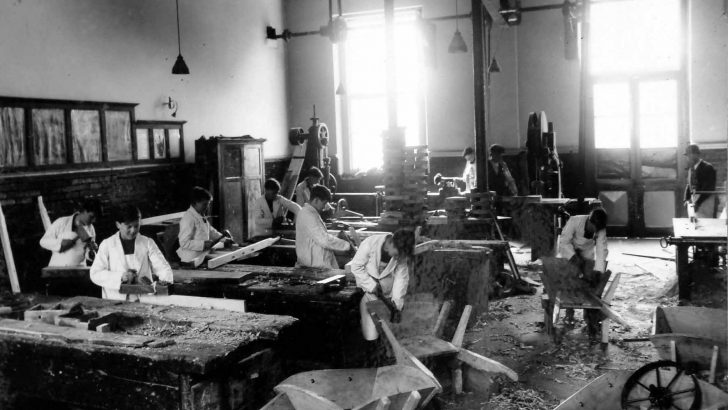The temptation to put respectability ahead of faith is the death knell for any authentic religion, writes Ruadhán Jones
As a young Irish Catholic, it’s impossible not to know of the mother and baby homes, but reading the final report of the Commission of Investigation into Mother and Baby Homes was still difficult. Ireland, during the times of the mother and baby homes, was described in the report as being a cold and harsh place. Priests and religious, as well as government and State officials, reinforced and perpetuated a culture which shamed and rejected the most vulnerable members of society – poor women and children.
The report highlights that they didn’t create this issue and that the homes were an ineffective response to the issue of rejection by families. One twitter user posted an interesting article from Christus Rex – an Irish Catholic sociological journal – dated April 1960 which highlights the attitude of the time: “The mother can keep [the baby] but traditionally the family attitude is harsh and unforgiving and the mother can rarely manage to earn both a living for herself and the child,” the article reads.
Ireland was a society which saw the family unit as foundational. While this need not be a bad thing, the reality was that any deviation which threatened the integrity of the family unit was effectively punished, as the report shows.
Why did Ireland become such a punitive society? It was in part due to economic circumstances – money was still in farming and land ownership passed down through families, there were no supports for single women from the State and few job opportunities from the market. It was also due to its history as a recently formed independent state, one craving respectability. It was trapped in what Franz Fanon, the Marxist intellectual and critic of colonialism, called the ‘colonised mindset’.
It became a religion concerned with controlling society and which sees itself as no more or less than the expression of that society”
Having broken free from the material restraints of colonialism, Ireland was – and I would argue still is – desperate to be recognised as respectable and capable of self-government. But the standards it chose were those of its near neighbour and former coloniser, England. It internalised the punitive mindset of Victorian England, with its belief in class determinism and fear of ‘the underclass’ – the poor and ‘degenerate’, those lacking ‘decent middle-class values’.
And the Church in Ireland was complicit in reinforcing this culture, whether down to the influence of Jansenism, as is often suggested, or otherwise. It became what St John Henry Newman calls ‘respectable religion’ or ‘natural religion’. It became a religion concerned with controlling society and which sees itself as no more or less than the expression of that society. In other words, it became a religion that wants to be respectable and, in that way, reinforces what is considered respectable. The fertile soil of concern for appearances was the soil in which the persecutions for violating those appearances was laid. Venial sin became mortal.
For the most part, all it provided was a halfway-house between the Victorian poorhouse and the more truly Catholic vision of Mr Duff”
The Church in Ireland did not create the homes, nor the degrading attitude towards unmarried mothers, who faced similar and worse hardships in other countries. We were, however, responsible for not giving a counter-cultural example of sufficient force to overthrow this concern. Had the Irish Church preached and practiced, as it would seem Frank Duff and the Legion of Mary did (see pages 17-19), the fullest truth of the Christian message it could at least stand up now and say we did what we should and what we could. But it can’t, it would seem, because it didn’t. For the most part, all it provided was a halfway-house between the Victorian poorhouse and the more truly Catholic vision of Mr Duff.


 Ruadhán Jones
Ruadhán Jones Widespread institutionalisation of young people became a feature of
a perverse desire for so-called respectability. Photo: CNS
Widespread institutionalisation of young people became a feature of
a perverse desire for so-called respectability. Photo: CNS 